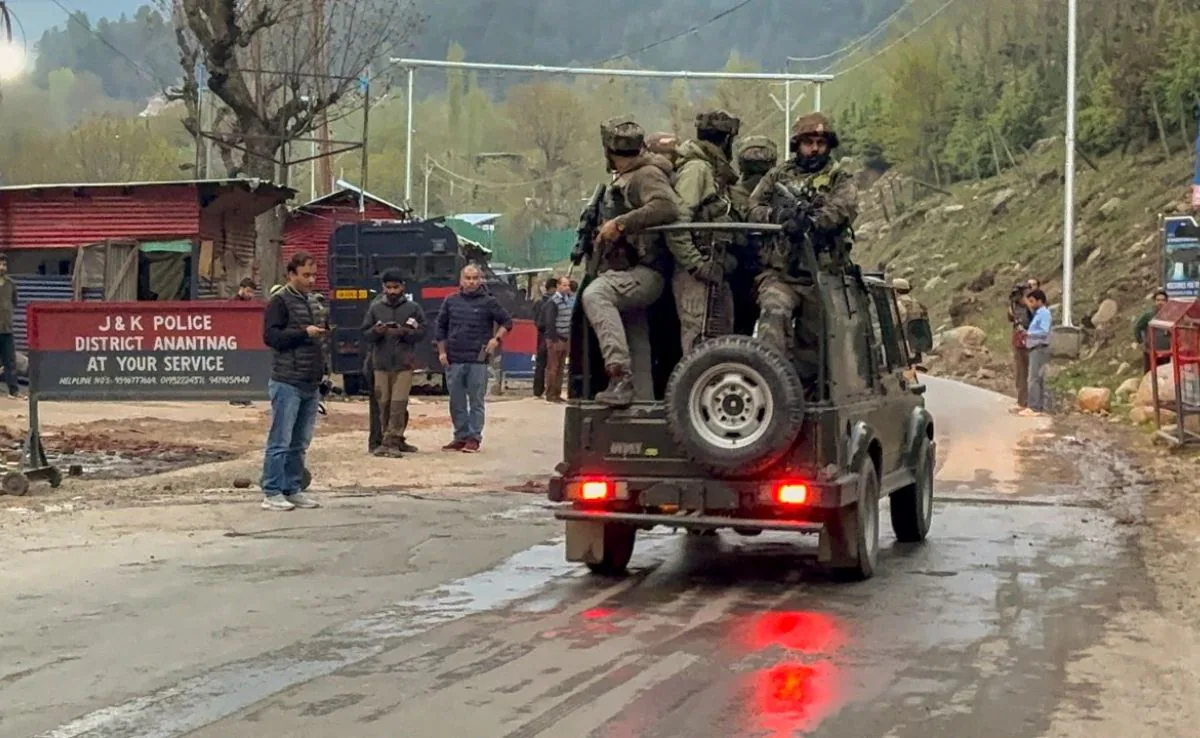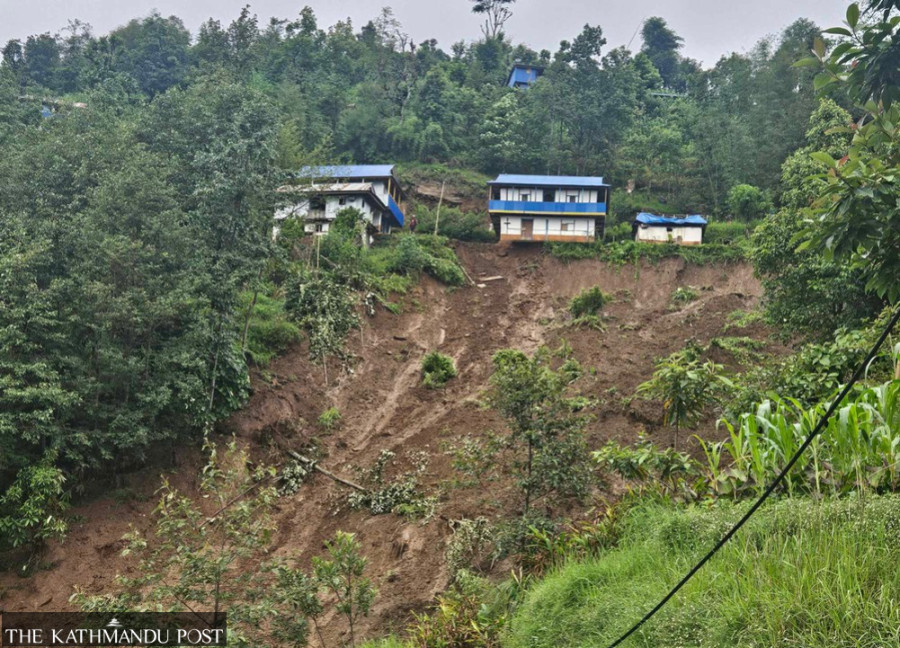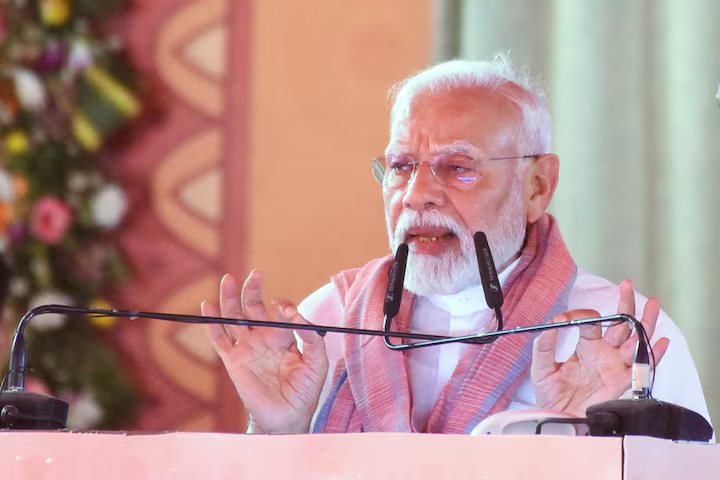India has delivered a sharp rebuke to Pakistan at the United Nations, accusing Islamabad of continuing to support cross-border terrorism while obstructing cooperation on key issues such as the Indus Waters Treaty. The strong statement follows the recent Pahalgam terror attack in Jammu and Kashmir, which killed several Indian security personnel and injured dozens.
Speaking at the United Nations General Assembly, India’s Permanent Representative to the UN, Ruchira Kamboj, condemned Pakistan for what she described as its “unrelenting sponsorship of terrorism,” and said over 20,000 Indian civilians and soldiers have lost their lives to terrorism linked to Pakistan over the years.
Kamboj cited the Pahalgam attack as the latest example of how “terror infrastructure continues to thrive with state support” across the border. She added that such acts of violence cannot be viewed in isolation and must be understood within the broader context of Pakistan’s “institutional support to extremist ideologies.”
In a significant escalation of rhetoric, India also challenged Pakistan’s recent stance on the Indus Waters Treaty—a landmark water-sharing agreement brokered by the World Bank in 1960. India accused Pakistan of “weaponizing” the treaty by raising false objections to routine Indian hydropower projects on the eastern rivers.
“India remains a responsible riparian and has always respected its obligations under the Indus Waters Treaty,” Kamboj said. “But we will not accept deliberate attempts to politicize water cooperation or to interfere with our legitimate developmental rights.”
Pakistan has long objected to Indian hydroelectric projects on rivers that flow into its territory, claiming they violate the treaty’s provisions. India maintains that all its projects are compliant with treaty norms and blames Pakistan for using legal mechanisms to delay critical infrastructure.
Pakistan’s envoy to the UN had earlier accused India of “human rights violations” in Kashmir and of failing to engage meaningfully on water disputes. In response, India reiterated that Jammu and Kashmir is an integral part of its sovereign territory and that Pakistan should “cease its interference in India’s internal affairs.”
India’s address also touched on broader concerns, including the need for comprehensive international cooperation to combat terrorism. Kamboj urged the UN to move forward with the stalled Comprehensive Convention on International Terrorism (CCIT), which India has championed for years.
The Indian delegation received support from several member states who echoed calls for accountability in terrorism-related matters. Analysts believe India’s strong tone is intended to send a message not only to Pakistan but also to the broader international community ahead of upcoming geopolitical summits.
This latest diplomatic clash adds to the already fraught relations between the two neighbors, who have fought multiple wars and continue to maintain a fragile ceasefire along the Line of Control in Kashmir. While both sides have occasionally engaged in backchannel talks, public rhetoric remains combative.
As tensions flare once again at the UN stage, the issues of terrorism, water disputes, and sovereignty continue to define the uneasy relationship between India and Pakistan—offering little hope of reconciliation in the near future.
Source: NDTV



